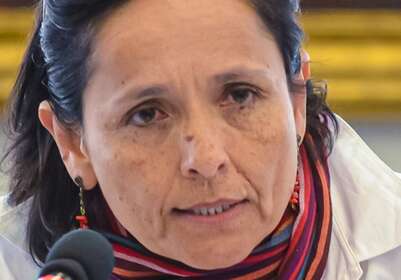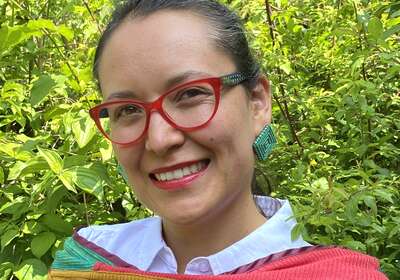The 2016 peace agreement between the FARC-EP and the Colombian government is internationally regarded as a model for women's participation, as well as for the inclusion of marginalised population groups. It is the first peace agreement worldwide to integrate a comprehensive and systematic gender-specific approach, and one of the most progressive in terms of the rights of women and the LGBTIQ+ community.
However, increasing remilitarisation and ongoing violence are having a negative impact on the local population. Activists and women in leadership roles are increasingly becoming the targets of politically motivated murders and sexualised violence, and they keenly feel social pressure to return to traditional female roles.
Locally anchored negotiations
The “model of territorial tables” (“modelo de mesas territoriales”), launched by the government in 2022, focuses on local negotiations with armed groups. In theory, this model offers greater opportunities for local women's organisations and peace activists to be included equally and equitably in the negotiations. With our programme, we aim to leverage this opportunity.
The government supports the participation of women in peace negotiations and published its first National Action Plan for the implementation of UN Security Council Resolution 1325 on “Women, Peace and Security” in 2024. The Action Plan promises equal participation of women “in all their diversity in territorial contexts” in negotiations on peace and security. This amounts to a commitment by the state to ensure the participation of women in negotiations within the framework of the Paz Total policy.


